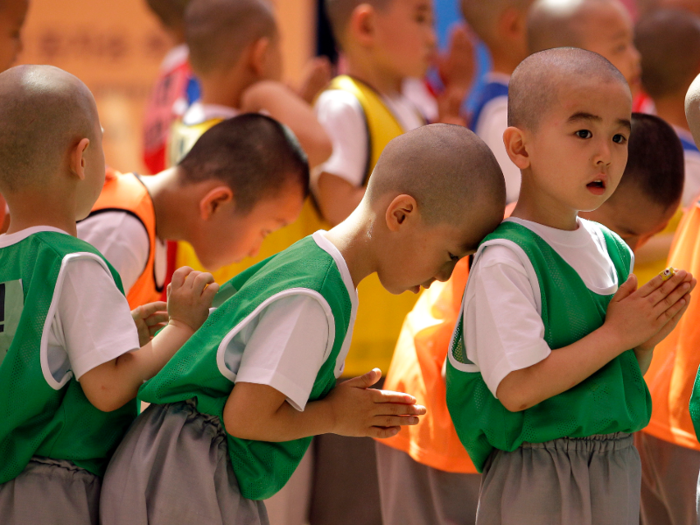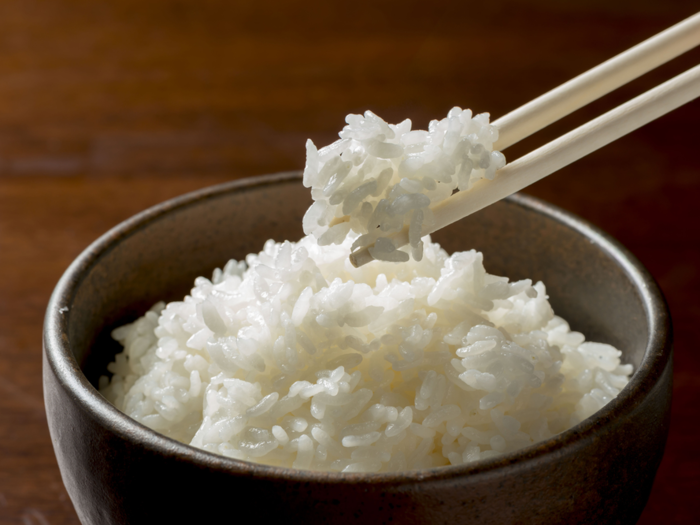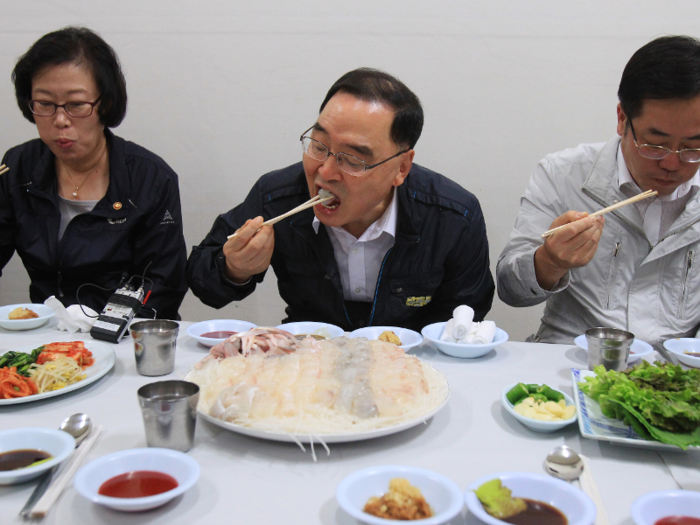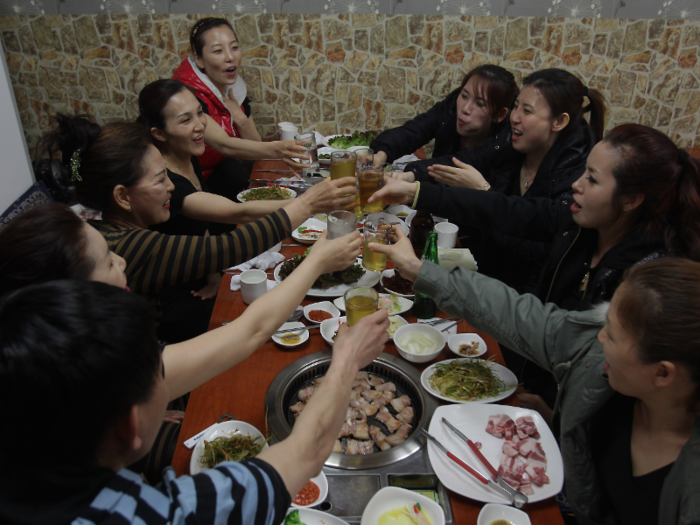5 aspects of Korean culture that will feel strange to foreigners at the Olympics
Age is really important to Koreans

Koreans bow to each other — and there are levels of bowing

Bowing is a sign of respect in Korean greetings.
But the way Koreans bow isn't random — the deepness of the bow carries meaning, Oh said.
"The deeper the bow, the more formal the situation," she said.
In casual settings, it's appropriate to give a slight head nod coupled with a 15-degree bow, Oh said. More formal situations like business meetings and interactions with authority figures demand a more formal bow — 45 degrees.
Meanwhile, the most formal of the bows, a full 90-degree bend, is reserved for "deep apologies," Oh said.
On the other hand, if you're greeting a close friend, there's no bow necessary — a handshake or wave will do just fine.
You should never leave your chopsticks standing vertically in a bowl of rice

A typical Korean meal is eaten with metal chopsticks and a large metal spoon.
When you're eating, it's important to remember not to leave your chopsticks standing vertically in your bowl, Oh said. That's an action associated with jesa, a Korean ceremony for honoring one's ancestors, and it would be out of place at the dinner table.
"It's symbolic of offering food to the dead," she said.
Age dictates who gets to eat first

Here's another sign of respect Koreans show elders — no one at the table is allowed to get started until the oldest person picks up their chopsticks or spoon, Oh said.
Younger people pay their respects when they're drinking, too

In Korea, the eldest person at the table gets first crack at drinking alcohol, as well.
On top of that, only the eldest person can face the table when drinking — everyone else needs to turn their back on them when taking a sip, Oh said.
Watch the full segment on NBC's 'Today' show:

Popular Right Now
Advertisement